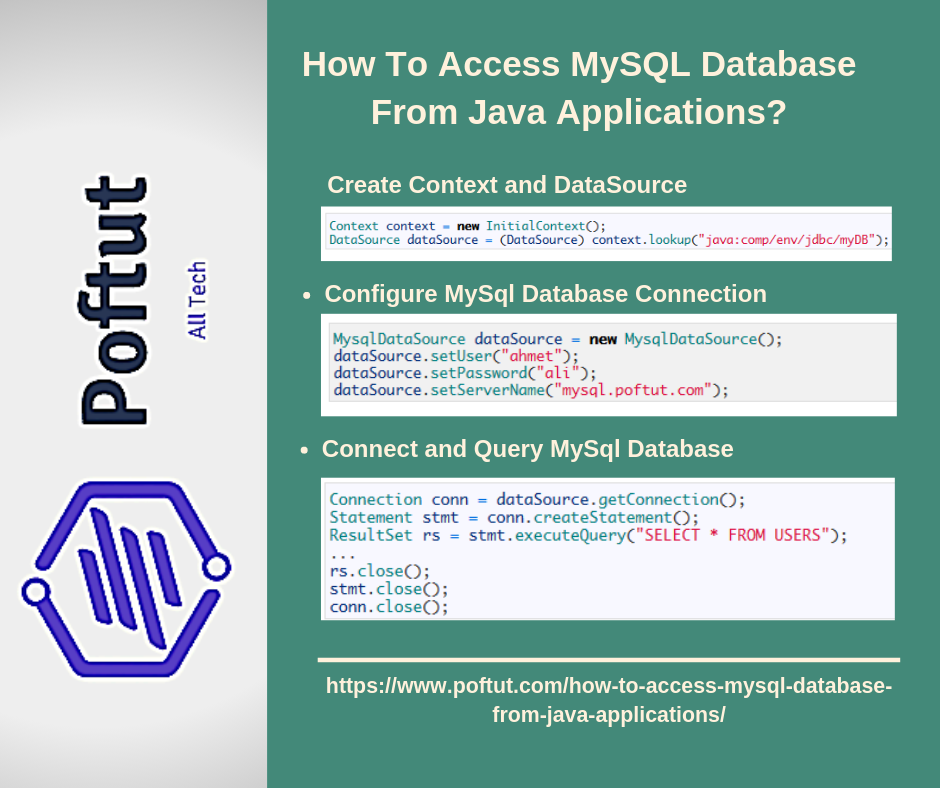实例变量: 众所周知,当变量的值因对象而异时,这种类型的变量称为实例变量。实例变量在类中声明,但不在任何方法、构造函数、块等中声明。如果不初始化实例变量,则JVM会根据该实例变量的数据类型自动提供默认值。 但是如果我们将一个实例变量声明为 最终的 ,那么我们必须注意实例变量的行为。
null
- 因此,不要求将变量设置为最终变量。然而,如果确实明确表示永远不会更改变量,那么最好将其设置为最终变量
- 在创建过程中,我们必须使用实例变量作为最终变量 不变的类。
有关最终实例变量的要点:
- 必须初始化变量: 如果实例变量声明为final,那么无论是否使用它,我们都必须显式地执行初始化,JVM不会为final实例变量提供任何默认值。
// Java program to illustrate the behavior// of final instance variableclassTest {finalintx;publicstaticvoidmain(String[] args){Test t =newTest();System.out.println(t.x);}}输出:
error: variable x not initialized in the default constructor
- 构造函数完成前的初始化: 对于最终实例变量,我们必须在构造函数完成之前执行初始化。我们可以在声明时初始化一个最终实例变量。
// Java program to illustrate that// final instance variable// should be declared at the// time of declarationclassTest {finalintx =10;publicstaticvoidmain(String[] args){Test t =newTest();System.out.println(t.x);}}输出:
10
- 在非静态块或实例块内初始化: 我们还可以在非静态或实例块中初始化最终实例变量。
// Java program to illustrate// that final instance variable// can be initialize within instance blockclassTest {finalintx;{x =10;}publicstaticvoidmain(String[] args){Test t =newTest();System.out.println(t.x);}}输出:
10
- 默认构造函数中的初始化: 在默认构造函数中,我们还可以初始化一个最终实例变量。
// Java program to illustrate that// final instance variable// can be initialized// in the default constructorclassTest {finalintx;Test(){x =10;}publicstaticvoidmain(String[] args){Test t =newTest();System.out.println(t.x);}}输出:
10
上面提到的是对最终实例变量执行初始化的唯一可能位置。如果我们尝试在其他任何地方执行初始化,那么我们将得到编译时错误。
// Java program to illustrate // that we cant declare // final instance variable // within any static blocks class Test { final int x; public static void main(String[] args) { x = 10 ; Test t = new Test(); System.out.println(t.x); } } |
输出:
error: non-static variable x cannot be referenced from a static context
// Java program to illustrate that we // cant declare or initialize // final instance variable within any methods class Test { final int x; public void m() { x = 10 ; } } |
输出:
error: cannot assign a value to final variable x
本文由 比沙尔·库马尔·杜比 .如果你喜欢GeekSforgek,并想贡献自己的力量,你也可以使用 贡献极客。组织 或者把你的文章寄到contribute@geeksforgeeks.org.看到你的文章出现在Geeksforgeks主页上,并帮助其他极客。
如果您发现任何不正确的地方,或者您想分享有关上述主题的更多信息,请写评论
© 版权声明
文章版权归作者所有,未经允许请勿转载。
THE END


![关于”PostgreSQL错误:关系[表]不存在“问题的原因和解决方案-yiteyi-C++库](https://www.yiteyi.com/wp-content/themes/zibll/img/thumbnail.svg)






